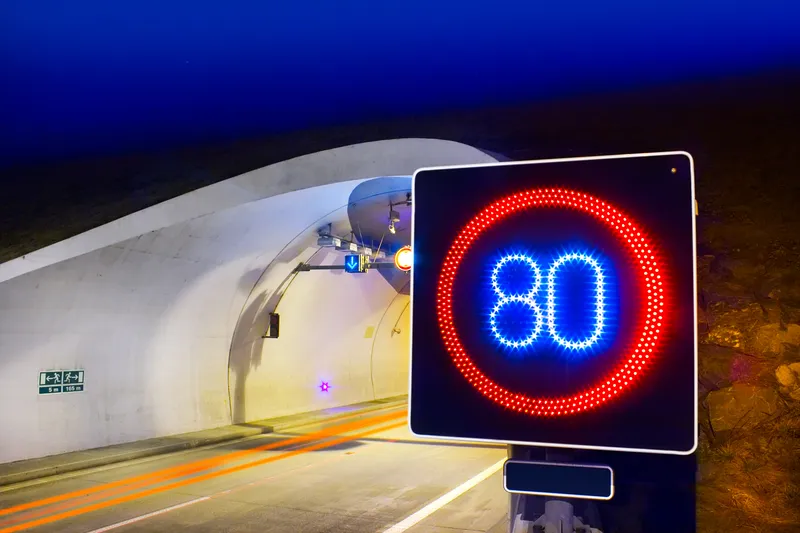Around 270 delegates at the annual conference of the Association of European Vehicle Logistics (ECG) on 20 and 21 October heard that the industry must embrace the accelerating shift towards digitalised processes and e-commerce in order to meet changing customer expectations and ultimately survive. The vehicle logistics sector must keep pace with the innovative rapid technological development in the wider automotive industry. However, legal uncertainty and a lack of uniform implementation of existing Europea
October 28, 2016
Read time: 2 mins
Around 270 delegates at the annual conference of the Association of European Vehicle Logistics (ECG) on 20 and 21 October heard that the industry must embrace the accelerating shift towards digitalised processes and e-commerce in order to meet changing customer expectations and ultimately survive. The vehicle logistics sector must keep pace with the innovative rapid technological development in the wider automotive industry. However, legal uncertainty and a lack of uniform implementation of existing European and International legislation are currently hampering the implementation of innovative processes.
ECG is committed to digitalisation of the supply chain and is working closely on this issue with car manufacturers through its Finished Vehicle Logistics Industry group. However, a lack of standardisation at European level regarding multimodal transport e-documents is providing an unnecessary barrier to the seamless and flexible transport logistics ECG Members wish to provide.
The legislative framework for digitalising logistics processes in the EU is already in place. The United Nations e-CMR Protocol (2011) provides for the use of electronic consignment notes for international road transport and allows for a more efficient and competitive alternative to the current paper-based practice.
However, only nine EU Member States (Bulgaria, Czech Republic, Denmark, France, Latvia, Lithuania, Netherlands, Slovakia, and Spain) plus Switzerland have ratified this international treaty to date which hampers significantly the digital evolution of the logistics sector. e-CMR can only eliminate paper processes if all countries which goods pass through adopt it. Most notably, Germany, the EU’s largest vehicle producer and automotive market and a major logistics transit country has not yet ratified the protocol.
ECG welcomes France’s recent adoption of the e-CMR protocol and calls upon the rest of Europe to also do so as quickly as possible. ECG President, Wolfgang Göbel, stated “ECG fully supports e-CMR, which would be a major step in reducing paperwork and costs in vehicle logistics. The industry is ready to go paperless as soon as Europe fully embraces this”.
ECG is committed to digitalisation of the supply chain and is working closely on this issue with car manufacturers through its Finished Vehicle Logistics Industry group. However, a lack of standardisation at European level regarding multimodal transport e-documents is providing an unnecessary barrier to the seamless and flexible transport logistics ECG Members wish to provide.
The legislative framework for digitalising logistics processes in the EU is already in place. The United Nations e-CMR Protocol (2011) provides for the use of electronic consignment notes for international road transport and allows for a more efficient and competitive alternative to the current paper-based practice.
However, only nine EU Member States (Bulgaria, Czech Republic, Denmark, France, Latvia, Lithuania, Netherlands, Slovakia, and Spain) plus Switzerland have ratified this international treaty to date which hampers significantly the digital evolution of the logistics sector. e-CMR can only eliminate paper processes if all countries which goods pass through adopt it. Most notably, Germany, the EU’s largest vehicle producer and automotive market and a major logistics transit country has not yet ratified the protocol.
ECG welcomes France’s recent adoption of the e-CMR protocol and calls upon the rest of Europe to also do so as quickly as possible. ECG President, Wolfgang Göbel, stated “ECG fully supports e-CMR, which would be a major step in reducing paperwork and costs in vehicle logistics. The industry is ready to go paperless as soon as Europe fully embraces this”.








